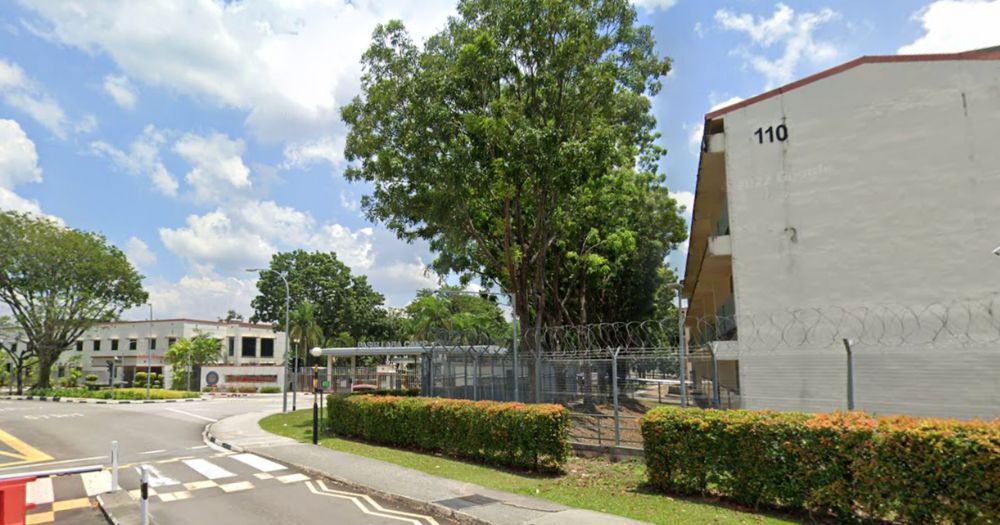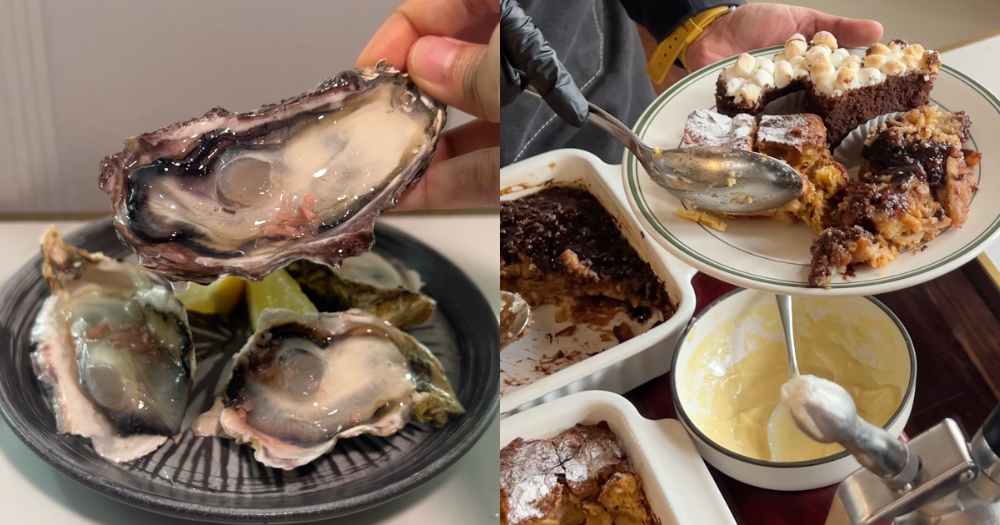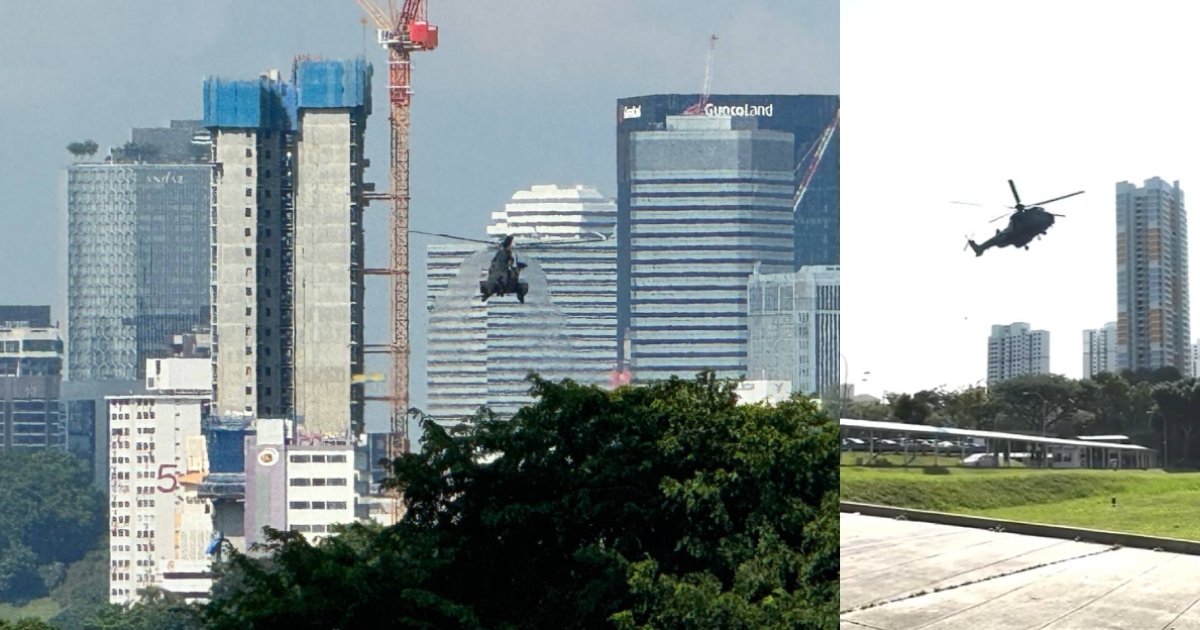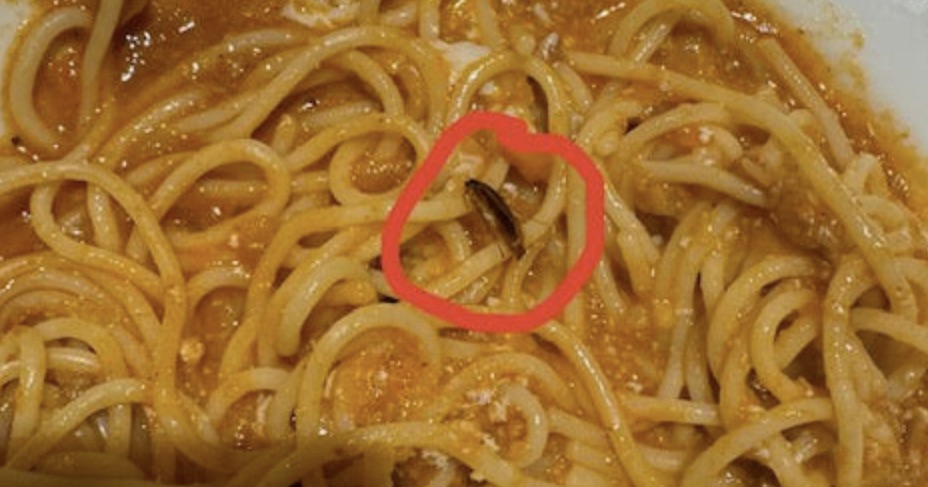Import, sale & consumption of some insects including crickets & mealworms allowed in S'pore from Jul. 8
"Slimy, yet satisfying."
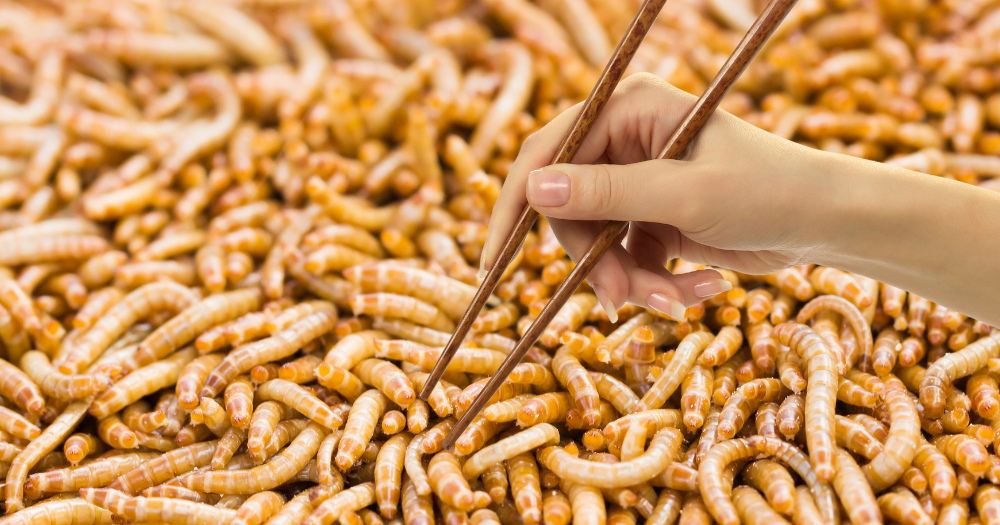
Have a hankering for some crunchy, six-legged grub?
As of Jul. 8, 2024, the Singapore Food Authority (SFA) will allow the import, sale, manufacturing, processing, and farming of select insect species assessed to be safe for human consumption.
Regulations were initially targeted to come into effect in the second half of 2023.
To ensure the safety of approved insects for consumption "as an additional food option", SFA has put in place an insect regulatory framework.
This includes safety guidelines concerning the production and sale of insect products and stipulations on labelling pre-packaged products containing insects.
In a media factsheet, SFA also produced a list of insects deemed safe for consumption, including several cricket species, mealworms, and honey bees.
Insects not on this list must undergo an evaluation to ensure they are safe to consume.
Public consultation
While developing the framework, SFA conducted a public consultation from Oct. 5, 2022 to Dec. 4, 2022 on regulating insects and insect products, and received more than 50 comments from various stakeholders.
Some of the comments concerned the safety of insects for consumption, and respondents felt insects were "unsafe and unnatural" to consume.
SFA responded that it took reference from the European Union and countries such as Australia, New Zealand, Korea and Thailand, which have allowed the consumption of certain insect species as food.
Moreover, SFA clarified that it will only allow insect species that have a known history of human consumption to be permitted as food.
Any other insects must undergo evaluation as novel food, under SFA's novel food framework.
All the same, SFA acknowledged that not everyone may accept insects as food.
"Consumers should make an informed decision on what they choose to consume based on the information made available for food products containing insects," SFA added.
Safety guidelines
SFA also laid out guidelines for companies intending to import or farm insects for human consumption or livestock feed.
Companies must provide documentary proof that the imported insects are farmed in regulated establishments with food safety controls and not harvested from the wild.
Companies must also ensure that the substrate used for rearing or feeding insects is not contaminated with toxic substances.
Insect products are subject to food safety testing, just like any other food available in Singapore, SFA noted.
Labels on foods containing insect products
There are also stipulations on labelling pre-packaged foods containing insect products.
Companies selling pre-packaged food containing insects as an ingredient must label the product packaging to indicate the true nature of the product.
"This will help consumers make informed decisions when deciding whether to
purchase the product," SFA stated.
Food establishments that misrepresent the true nature of the food sold may be convicted under the Sale of Food Act.
Offenders are liable on conviction to a fine not exceeding S$5,000 and, in the case of a second or subsequent conviction, to a fine of up to S$10,000 and/or to imprisonment for up to three months.
Full list of edible insects
SFA produced a list of insect species assessed to be safe for consumption, as well as the life stage of the insect that is permitted to be consumed.
These include some species of crickets, locusts and grasshoppers in the adult stage.
Some beetles, mealworms, white grubs and giant rhino beetle grubs are permitted in the larva stage only.
Meanwhile, greater wax moths and lesser wax moths are permitted in the larva stage only, while silkworms are permitted in the larva and pupa stages.
Western honey bees also will be allowed for consumption in the larva and adult stages.
Sustainable protein source
Although insects as food is "relatively new in Singapore", SFA noted that insects are a sustainable protein source.
A study by the Food and Agriculture Organisation of the United Nations (FAO), published in 2021, noted that edible insects are a good source of "protein, fatty acids, vitamins, and minerals".
Insect farming can also aid in the implementation of circular economy solutions, SFA said.
Namely, food waste could be reused as a substrate for insect farming.
SFA said:
"With the insect industry being nascent, SFA will continue to review our regulatory measures using a science-based approach when there are developments within the industry, so that they remain relevant and robust."
Top photo from Canva.
MORE STORIES







